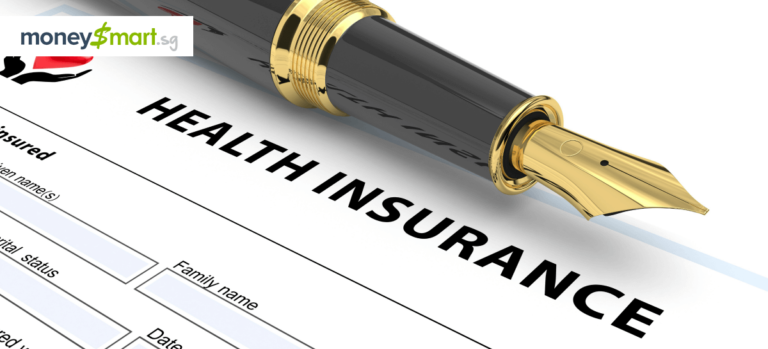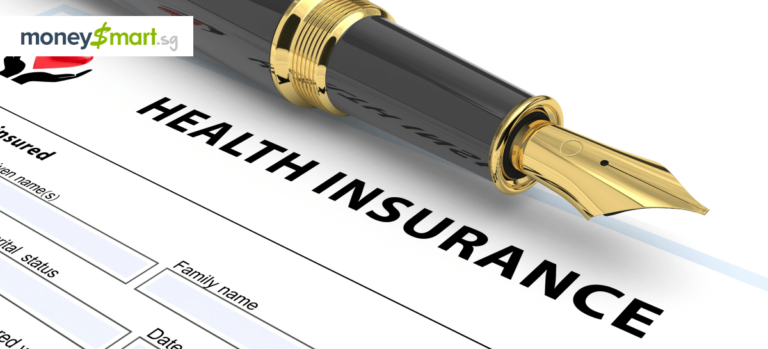
The insurance product brochure tells you that this is a company that cares. No matter what happens, they’ll be there to catch you when you fall. Just sign up for that insurance policy already! Well, before you sign on the dotted line, beware. You can’t choose an insurance policy the way you would a pair of shoes.
Recently, we chanced upon this blog post online, in which a couple claimed to have been misled by an insurance policy brochure, which resulted in their being unaware that their attempted claim fell under one of the policy’s exclusions.
Whether or not you think they had a valid case, this incident highlights the fact that people can and do get misled by what they saw in the brochure, comments their agent made and ads they watched on TV. Don’t let that happen to you. Before signing up for an insurance policy, make sure you’ve done your due diligence and taken note of the following:
Brochures offer a general overview, but don’t expect them to contain everything
Have a look at some of the health insurance brochures disseminated by companies like NTUC Income and Great Eastern, and you’ll find catchy, reassuring slogans, cheery fonts and colour-coded tables.
Brochures are designed to offer an easily-digestible overview of the insurance policy in question. At a glance, you’re meant to be able to identify the main areas of protection offered by a policy.
But mistakes get made when people rely on brochures as their sole source of information on an insurance policy. A brochure is not meant to exhaustively contain all the terms of your insurance policy, and you shouldn’t expect it to. There is a reason the actual insurance policy is so much more detailed. The specifics of your policy—including the nitty gritties surrounding the various exclusions under which you cannot make a claim—are usually not fleshed out in the brochure.
Agents’ words are no substitute for reading the policy
Your insurance agent might have spent hours explaining his company’s various policies, and you might have hung on his every word. But no matter how closely you think you’ve listened to what your agent has to say, be aware that his words are no substitute for actually reading the policy.
Insurance policies are filled with minute details that have been painstakingly drafted by legal departments. It is unrealistic to expect an agent to distill every last detail during the one or two hours you have with him.
And while part of an agent’s duty is to facilitate the claims process, the final decision as to whether your claim gets approved is not in their hands. Your agent might say that your claim “should be approved”, but you can’t hold him to his word if it eventually gets rejected.
Insurance agents are barred from making false or misleading statements with respect to the amount of a payout or the effect of a provision in your insurance contract. But it is difficult to point fingers when it comes to general comments about claims approval.
While your agent unfortunately cannot act as a substitute for your brain and good judgement, what he can do is go through the policy with you—giving you a blow-by-blow explanation of every paragraph in the actual text of the policy (and NOT the brochure) if you so desire.
Before signing up for a policy, cross-check policies with other insurance companies
Your insurance agent might be a personal friend you trust, but ultimately he is bound to one particular insurance company. In fact, he might sincerely believe in the products he is promoting. But that doesn’t remove the possibility that somewhere out there, another insurance company’s offerings are more suitable for you.
Insurance policies tend to look similar, but there can be subtle differences that make all the difference when you’re trying to make a claim. One extra word in a clause can make or break a claim.
For instance, two health insurance policies might purport to offer coverage in the event of pregnancy and childbirth complications. However, it is still necessary to read the fine print in each policy in order to determine exactly which complications are included—policies seldom offer exhaustive coverage, and it is highly likely that one policy will offer more extensive coverage than the other despite both appearing at first glance to offer similar protection.
If you’d like to compare health insurance plans, this link on the MOH website contains the actual policies of all Medisave-approved plans. It might take a little time to wrap your head around the differences, but that’s a small price to pay for peace of mind.
How did you select your existing insurance policies? Tell us in the comments!















